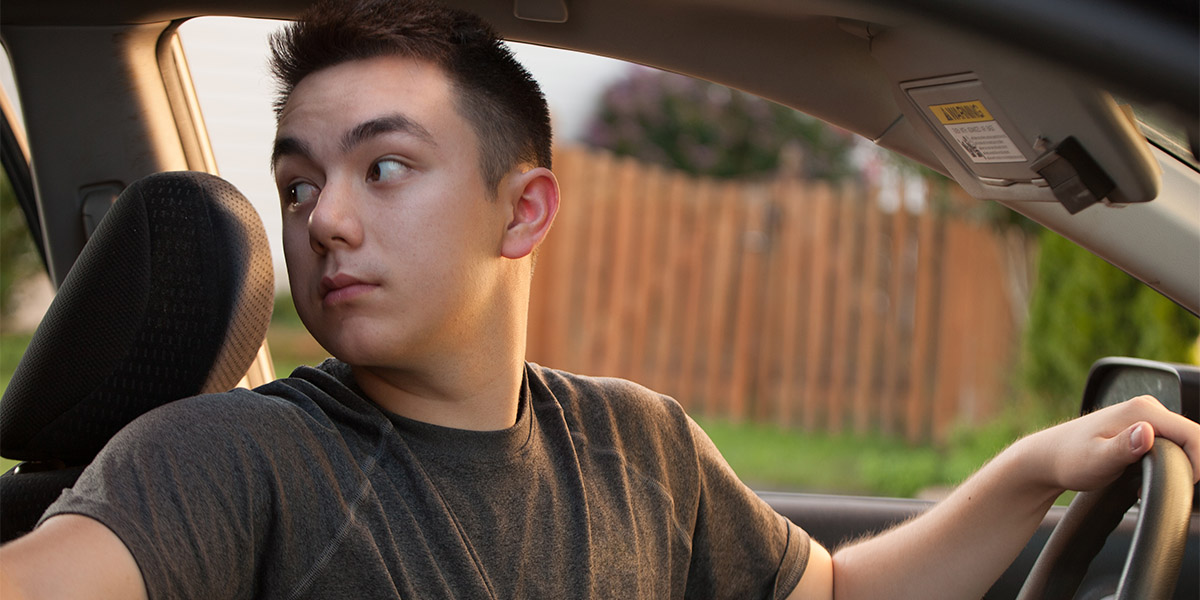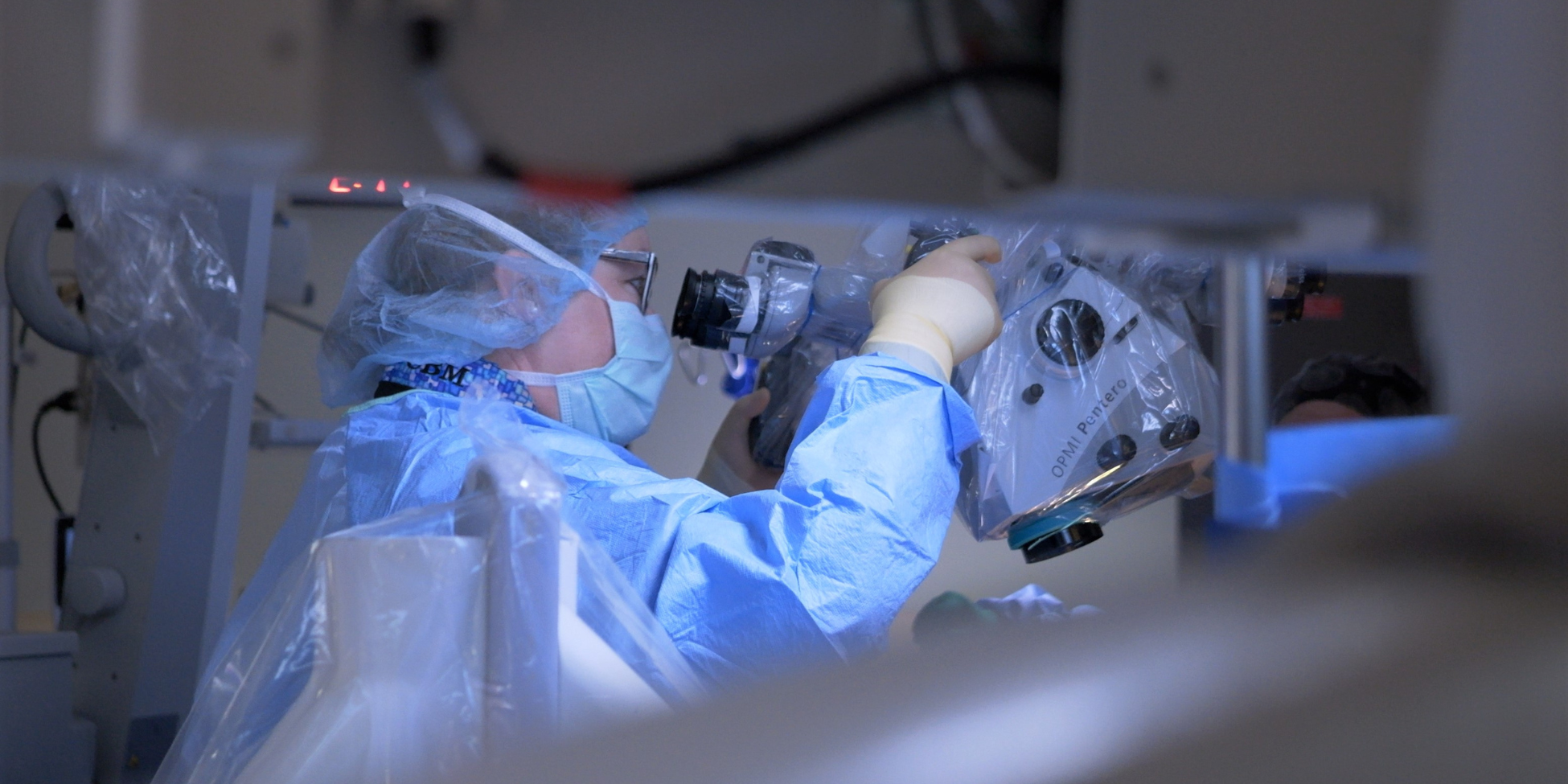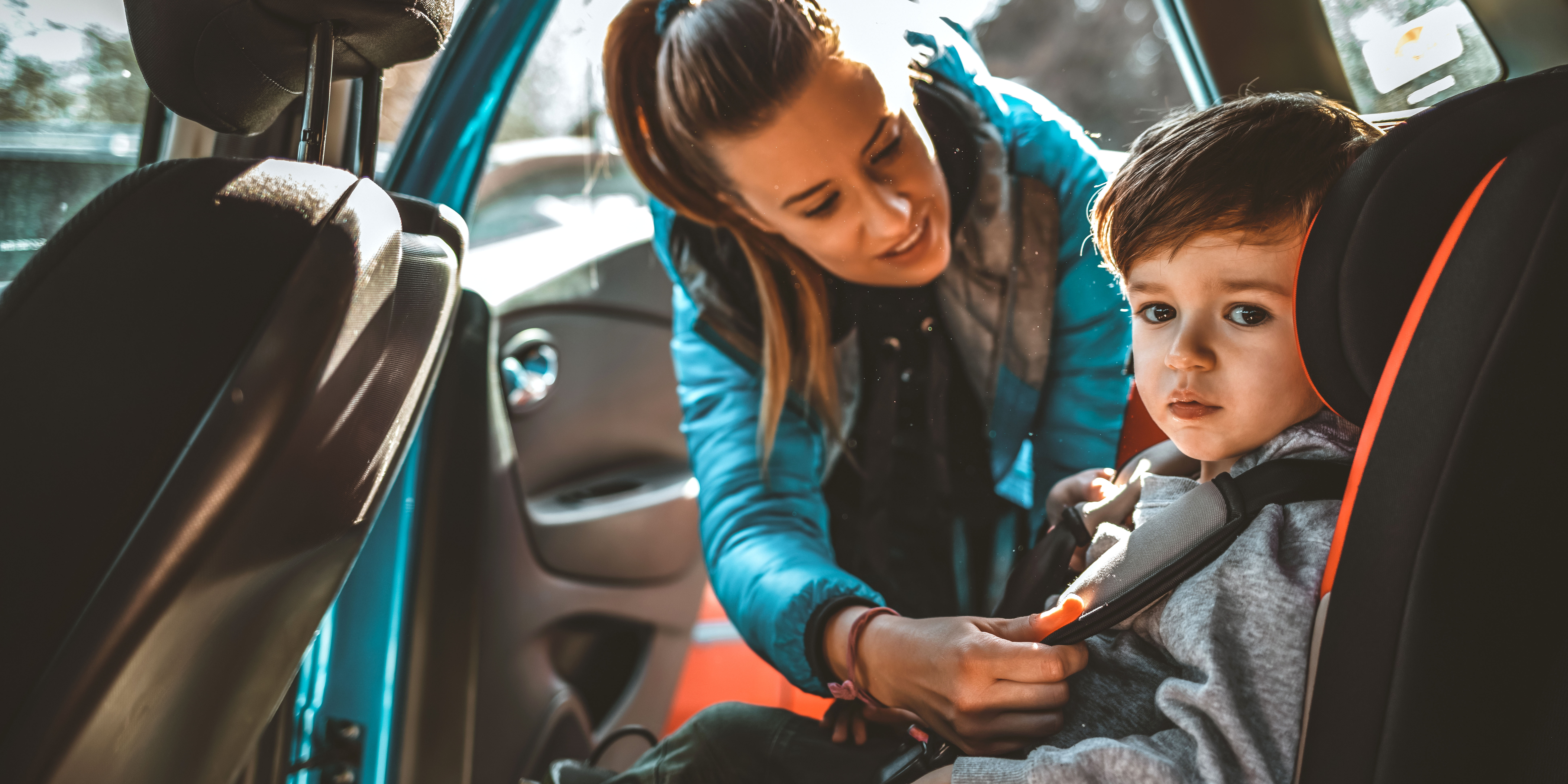
Consequences can accompany freedom
Learning to walk, riding a bike and obtaining a driver's license are some of life's major milestones. All of these are exciting, bring about new adventures and are worth celebrating.
Each one also brings about new challenges.
Learning to drive is perhaps the most thrilling of all. A driver's license provides teens with a sense of accomplishment and freedom.
While they are out cruising with their friends, parents are worrying about the risks of the road.
Research shows that parents have a reason to worry. Teens are cautious and focused on the road while they have their learner's permit, but they are much more likely to be involved in crashes once they get their license.
Researchers believe there are a few reasons for this increased crash rate: overconfidence, inexperience and the loss of an experienced co-pilot. Researchers also think that teens tend to behave better when in the presence of their parents. This makes them more attentive behind the wheel.
Trauma (defined as an unintentional injury) remains the leading cause of death amongst ages 12 to 19 years old. Motor vehicle crashes remain the number one cause of trauma. Distracted driving, speed, improper seatbelt use, and impaired driving continue to be contributing factors.
It is important to have open conversations with a newly licensed driver and make sure they are aware of the expectations and risks of being behind the wheel.
What is the most effective way parents can encourage their teens to drive safely? Set a good example.
Teens may pretend they don't notice their parents, but they continue to watch their every move. Believe it or not, parents are still role models throughout the teen years. It is during this time, when everything seems chaotic, that parental figures must remain consistent and continue to be a positive role model.
When teens see their parents, or experienced drivers, texting while driving (or partaking in other distractions) they feel as if it is an OK thing to do. It is imperative to remain alert and aware.
Drivers should avoid distractions and drive the way they would want their children to.
T.J. Mack, RN, BSN, is the trauma injury prevention and outreach coordinator for Spartanburg Regional Healthcare System.












